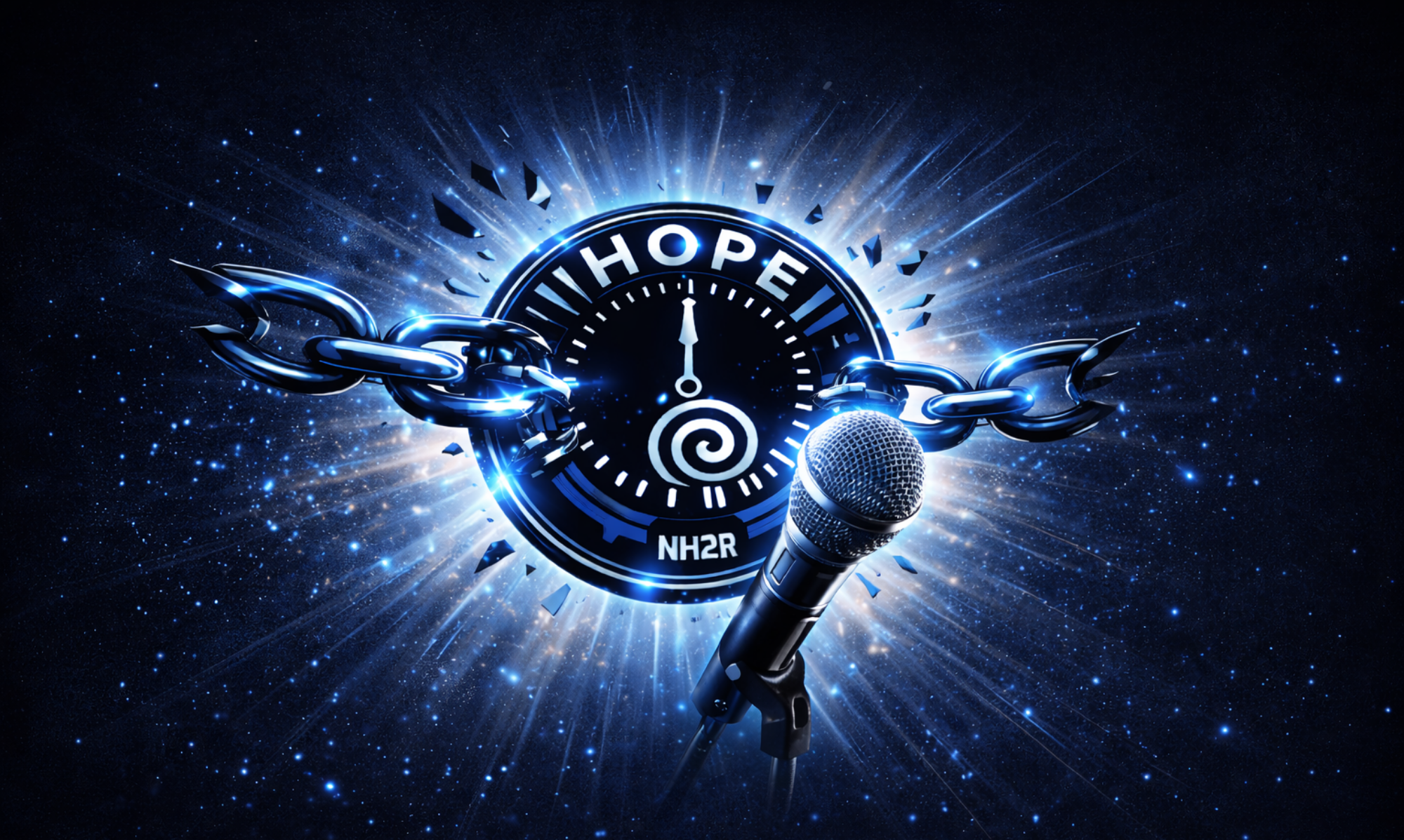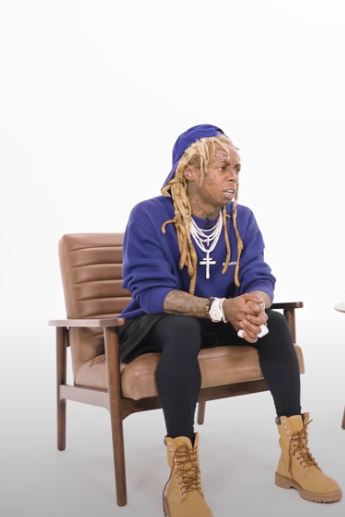
The heart of education is self-care, that opens the door for hope, that will promote resiliency to create innovative solutions for a better tomorrow.
– Author M/R Johnson

The Neuroplasticity, Implicit Bias Theory Effect

The heart of education is self-care, that opens the door for hope, that will promote resiliency to create innovative solutions for a better tomorrow.
– Author M/R Johnson

Dwayne Michael Carter Jr., known professionally as Lil Wayne, is an American rapper, record executive, and entrepreneur. He is regarded by many contemporaries as one of the most influential hip hop artists of his generation, and often cited as one of the greatest rappers of all time.
Recently, the 5-time Grammy award winner, @Lil Wayne opens up for the first time ever about the details of his attempted suicide at age 12. Lil Wayne discusses his life long mental health struggles in a brave and vulnerable conversation with Emmanuel Acho. Listen as Wayne speaks with a transparency that we’ve never seen before. Lil Wayne shares why he wants to talk about mental health, his message to the world on mental health, his message to parents of kids with mental health struggles, and much more,
If you, or anyone else you know, has ever struggled with anxiety, depression, loneliness, or any other mental health challenges, this is an awesome interview to encourage, empower and educate persons, the signs and symptoms to start the uncomfortable conversation; as we are about to begin the September National Recovery Month, I am honored to share this YouTube video .
“I wish they knew mental health is real, and that there is no bar to measure how real”
-Lil Wayne

If you — or someone you know — need help, please call 1-800-273-8255 for the National Suicide Prevention Lifeline.
If you are outside of the U.S., please visit the International Association for Suicide Prevention for a database of international resources.
Need help with substance abuse or mental health issues? In the U.S., call 800-662-HELP (4357) for the SAMHSA National Helpline.
As the world is reopening from the challenges of COVID-19, the impact of social distancing has just begun. Are you ready? I welcome you to journey with me through my new book, What About The Children? The Neuroplasticity, Implicit Bias Theory.
This book has been written to move beyond excuses, that address the future with a thinking-outside the box thought process. Teaching an old system new innovations how society can move forward with behavioral health disorders post Covid-19 to save our children from all ethnicities.
Author M/R Johnson